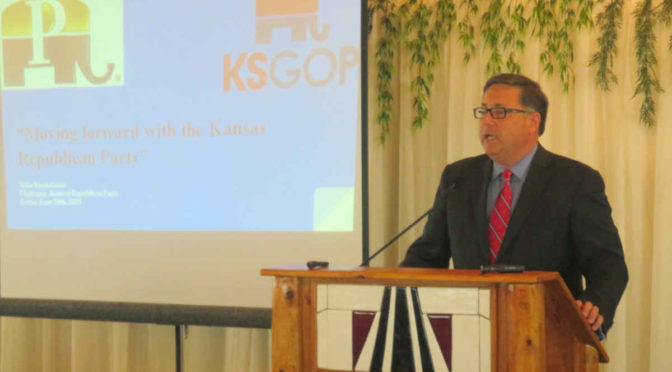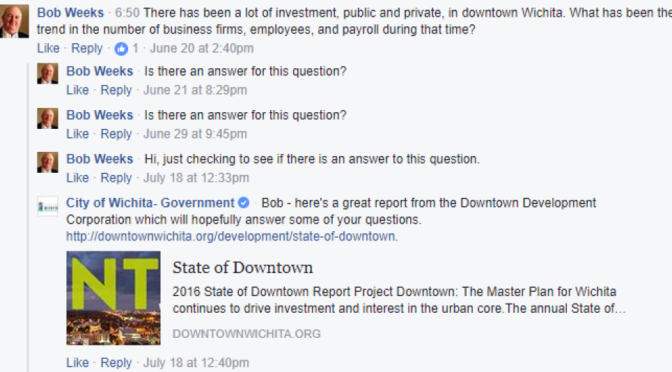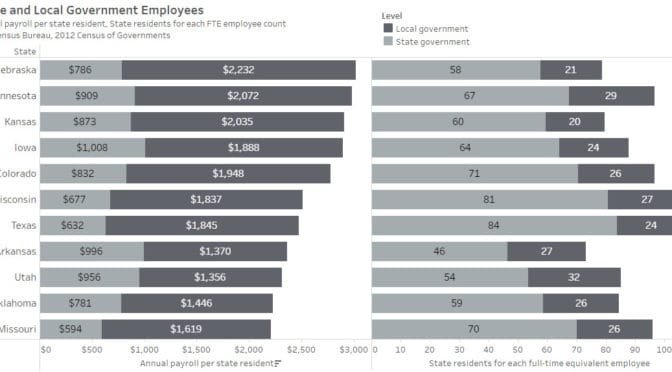Tag: Facebook
-

From Pachyderm: David Kensinger
From the Wichita Pachyderm Club: David Kensinger, President of Kensinger and Associates. His topic was “The Early Returns of the 2020 Presidential Election.”
-

From Pachyderm: Mike Kuckelman, Kansas GOP Chair
From the Wichita Pachyderm Club: Mike Kuckelman, who is chair of the Kansas Republican Party. This audio presentation was recorded on June 28, 2019.
-

In Wichita, the surveillance state expands again — and again
In Wichita, we see another example of how once government starts a surveillance program, the urge to expand it is irresistible.
-

A Wichita social media town hall
A City of Wichita town hall meeting ends in less than nine minutes, with a question pending and unanswered.
-

In Wichita, the surveillance state expands again
In Wichita, we see another example of how once government starts a surveillance program, it probably won’t produce the promised results, yet will be expanded.
-

Gary Sherrer and Kansas Policy Institute
A former Kansas government official criticizes Kansas Policy Institute.
-

The Joseph Ashby Show, revived
He’s no longer on AM radio at KQAM, but people still want to hear him. So for now there’s the Joseph Ashby Show podcast.
-

Kansas, a frugal state?
Is Kansas a frugal state, compared to others?
-

WichitaLiberty.TV: Joseph Ashby on Kansas judges, schools, and the president
In this episode of WichitaLiberty.TV: Radio Show Host Joseph Ashby joins host Bob Weeks to talk about Kansas judges, Kansas schools, and presidential politics.
-

GetTheFactsKansas launched
From Kansas Policy Institute and the Kansas Chamber of Commerce, a new website with facts about the Kansas budget, economy, and schools.
-
A David Dennis half-truth
Why would a candidate split sentences in order to create an untruthful claim about his opponent?
-

Say no to Kansas taxpayer-funded campaigning
Kansas taxpayers should know their tax dollars are helping staff campaigns for political office.